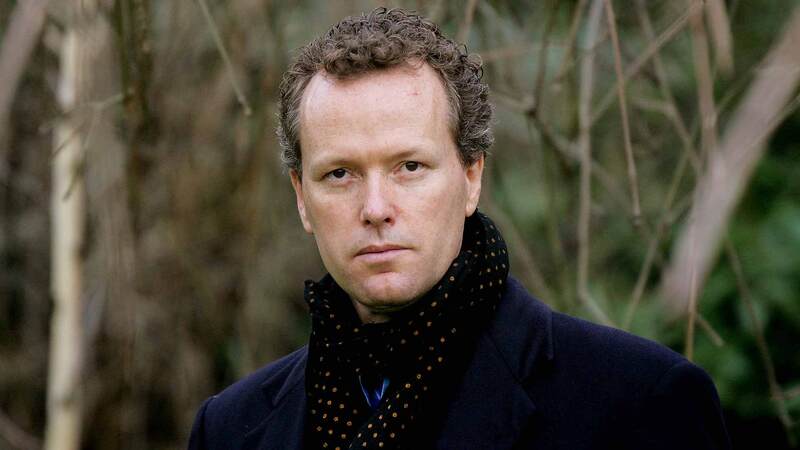Not every casualty will be as conspicuous as the men on the pleasure boats, for instance Walter Barley, aged just eighteen on the day he was posted as missing (the letter still sits on the mantelpiece, awaiting confirmation of worse), who has spent this morning in his lice-ridden khaki upstairs and stands now by the half-open door to his family’s small, crowded kitchen, his posture as stiff as any funerary statue, his arms crossed over his chest, hands flat to each shoulder, legs straight, his weight supported by his head on the wall (at five feet two, Walter is a bantam, and as small as any effigy in nearby St Cuthbert’s), quietly watching his younger brothers and sisters as they go about their Saturday duties, presided over this past hour or so by Mabel, who has returned ahead of Mother from their Saturday half-shift in Beckwith’s Engineering to prepare their dinner of bread and dripping and tea, and perhaps – if Mother can secure some from Joe Orford (their landlord and neighbour, a butcher, her fancy man) – a couple of rashers of bacon.
Mabel sets their miscellaneous cups and cracked plates on the table and Walter says, "Not for me, Mabe, I’m not hungry," but of course she pays him no attention, for she will not be able to hear him.
Walter sighs, and drops his arms. He shoves his hands into his pockets and turns his face to the door, to the sunshine and tattered washing outside, and from across the way he hears a clink of spoon on enamel, Mrs O’Brien stirring her tea, and closer, the constant trickle of water from the tap in the yard. He hears a baby crying, ceaselessly crying, and the jolting of the drays coming from the brewery, the heavy clop of those horses, and the thrum of machinery in the yards further down, the clank of metal on metal, men’s voices, and – seeming somehow miles distant – the muffled cacophony of the cattle market, where his brothers Arthur and Harold have gone, hoping to earn a few pennies, as Walter once would.
Arthur is thirteen now, Harold eleven – the middle children of twelve, not all of them living – while here in the kitchen are James and Elsie and Ada, who are younger, and Walter’s favourite, Doris – called Dot – who is fifteen and sitting straight-backed on the edge of the armchair, completing however many rows of knitting it is her task to run up every day, the needles pleasantly clacking, the ball of wool in her lap twitching as it unravels. Elsie and Ada, aged nine and ten, stand at the table, their faces flushed with the heat, methodically folding and pasting lengths of stiff card to make matchboxes, for which Mother will receive a ha’penny a dozen, while next to them sits James, who is seven and nestling a heavy black boot between his thin thighs, dreamily delivering a long thread of spittle from his puckered lips to the tin of blacking in his palm.
The sun spirals in his spit, and not for the first time Walter is struck by the sensation of spectating on a scene from his own childhood, a scene from which he has been removed, for this also used to be his job, and afterwards, the boots gleaming, his father might reward him with a farthing – if there was a farthing to be had; supposing his father was cheerful – to take along to Mr Aldrich’s, where Walter would hold out his cap and watch as the grocer scooped a portion of pea scuds straight from the tray with the shovel of his hand.
Mr Aldrich who took his own life, and whose windows are now black-boarded.
Worthless Men by Andrew Cowan is published by Sceptre.













